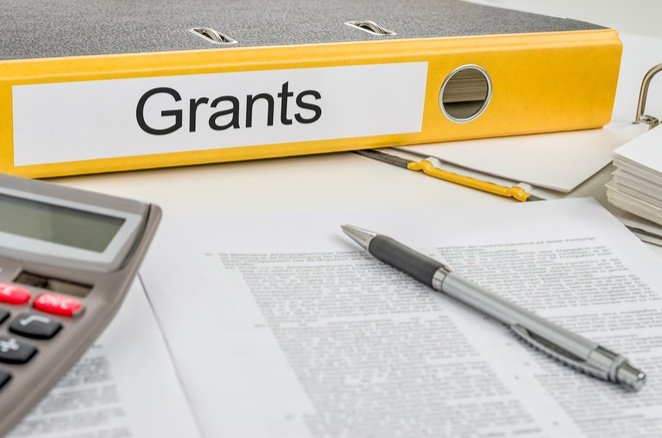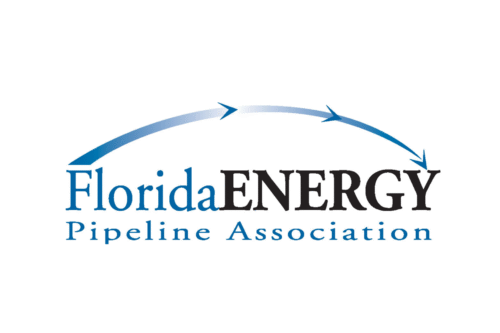Have you been looking into some ways to gather some additional funding for your association or chamber? We have one word for you: Grants! Applying for grants will offer your organization a chance to bring in funds that don’t have to be paid back as well as help you expand out more robust programs to better serve your members and industry.
If you’re feeling a bit overwhelmed at how the process works, we get it. The grant application process is no joke! Take a look at this simple outline to follow how the grant writing process generally plays out.
1. Developing your grant idea
The easiest way to come up with a strong grant idea is to identify some of your industry’s major pain points and brainstorm ways that you could positively impact that community. This support could come in the form of backing research, providing materials for a cause, or sponsoring the education of others!
Once you come up with some key ideas, you need to create an outline that covers the goals of the grant, what resources will be needed, and the tentative budget for the project. This outline would then be presented to your board and top decision makers to confirm it fits with the mission of your organization. Pro-tip: In terms of scope, most grants will typically cover a project that lasts from one to five years.
2. Identifying who can fund your grant
Now to find a sponsor that is aligned with your mission, vision, and values. To start, it’s key for you to remember that these sponsors are not funding these grants for no reason. Your proposal has to fulfill your sponsor’s own missions and goals for them to think your grant is a good fit. The three most common types of sponsors to consider when you’re starting to look around include: government organizations, nonprofit organizations, and corporate sponsors.
Once you do find the right fit for your grant, look into what requirements or “suggestions” they expect to see in your grant proposal so you don’t steer off in the wrong direction. It’s true that the grant writing process is not the easiest journey so don’t get too discouraged with the long laundry list of rules that you’re going to have to follow. It’s just part of the package.
3. Writing and submitting your grant application
Think of this step like fleshing out your elevator pitch to your potential sponsor, except that you’re going to cover why this funding is going to positively impact your mutual industry. Remember that while you need to be concise in your content, more is better in this situation. Your sponsor is going to want to know all the details to make sure they get a real comprehensive picture of how their money is going to be put to use.
Typically your grant application will follow a similar format to the following:
- Narrative of your organization’s history
- Purpose of your grant
- Documentation of grant progress
- Tax information
- Organization’s staff structure
- Grant budget (including grant expenses and confirmed revenue)
4. Following your grant requirements (if selected)
Hooray! You made it to the light at the other end of the tunnel and your grant has been accepted. While you think you may be done, you’ve really just begun the next part of the grant process – implementation! Now is the time that you need to start practicing what you preach and follow your proposed plan of action.
In the chance you weren’t accepted, don’t fret. It’s time to call the sponsor and ask them what could have been done to increase the chances of getting your grant accepted. Was the application unclear or was the mission not in alignment with their own? Either way, touching point with someone will provide you a much clearer picture of how you can modify your application to succeed the next time. Grant writing is definitely a long game.
For any membership group, raising non-dues revenue is an essential part of overall success. But people are cautious about spending extra money, particularly in an uncertain economy, and your organization might be feeling some of that pain.
If you’re struggling to raise extra funds, don’t worry – we can help. Check out our Ultimate Guide to Non-Dues Revenue!















